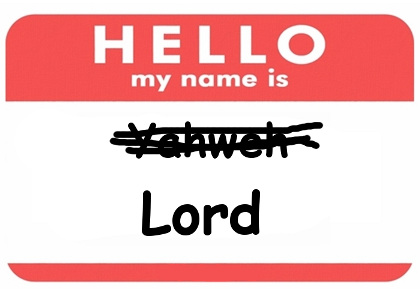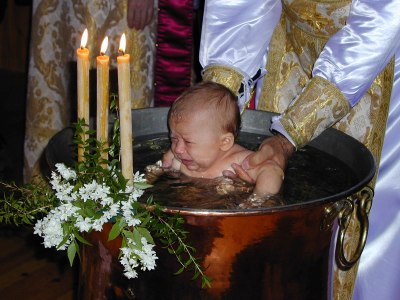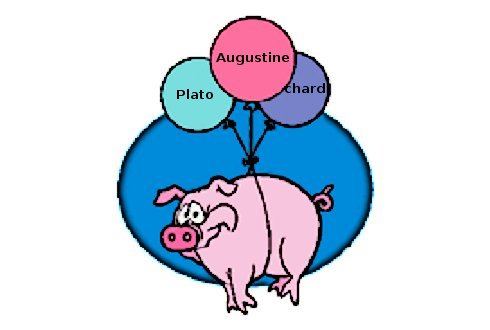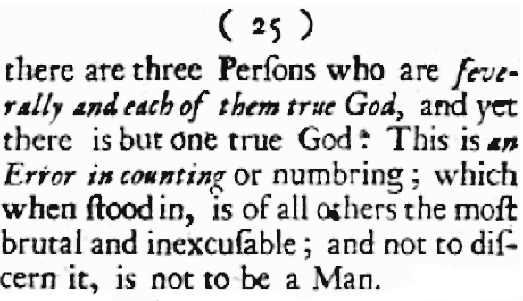Whew! That was close!
Many recent Christian philosophers have offered what I call Rational Reconstructions of apparently contradictory doctrines such as the Trinity and the Incarnation. Though I’m presently exploring criticisms of such views, let me emphasize that I don’t see anything wrong with what they’re doing, and I think that people with philosophical skills who are Christians ought to use them in any way which is helpful to the Christian community. At bare minimum, these folks are exploring possible views, possible ways to understand the Trinity (etc.). Getting clear about what the options are, and the costs and benefits of each, is an important kind of theoretical progress. Moreover, it shows intellectual integrity and courage, and concern for the truth.
At the end of my last post in the series, I noted that Rational Reconstructors often don’t believe their new version of the Doctrine. In any case, I’ve never seen one that insists that their version is the one which all Christians ought to believe. This latter isn’t surprising – we professors simply don’t have any authority to lay down a theory as required by any Christian community. But it is surprising that these folks are exercising some immense intellectual energy, and writing very involved and difficult pieces expounding views to which they do not commit? What is going on?
Short answer: apologetics. They’re deflecting bullets, as it were, with the theoretical equivalent of Wonder Woman’s super-duper bracelets.Read More »Dealing with Apparent Contradictions: Part 10 – Why Care About Rational Reinterpretation?
















